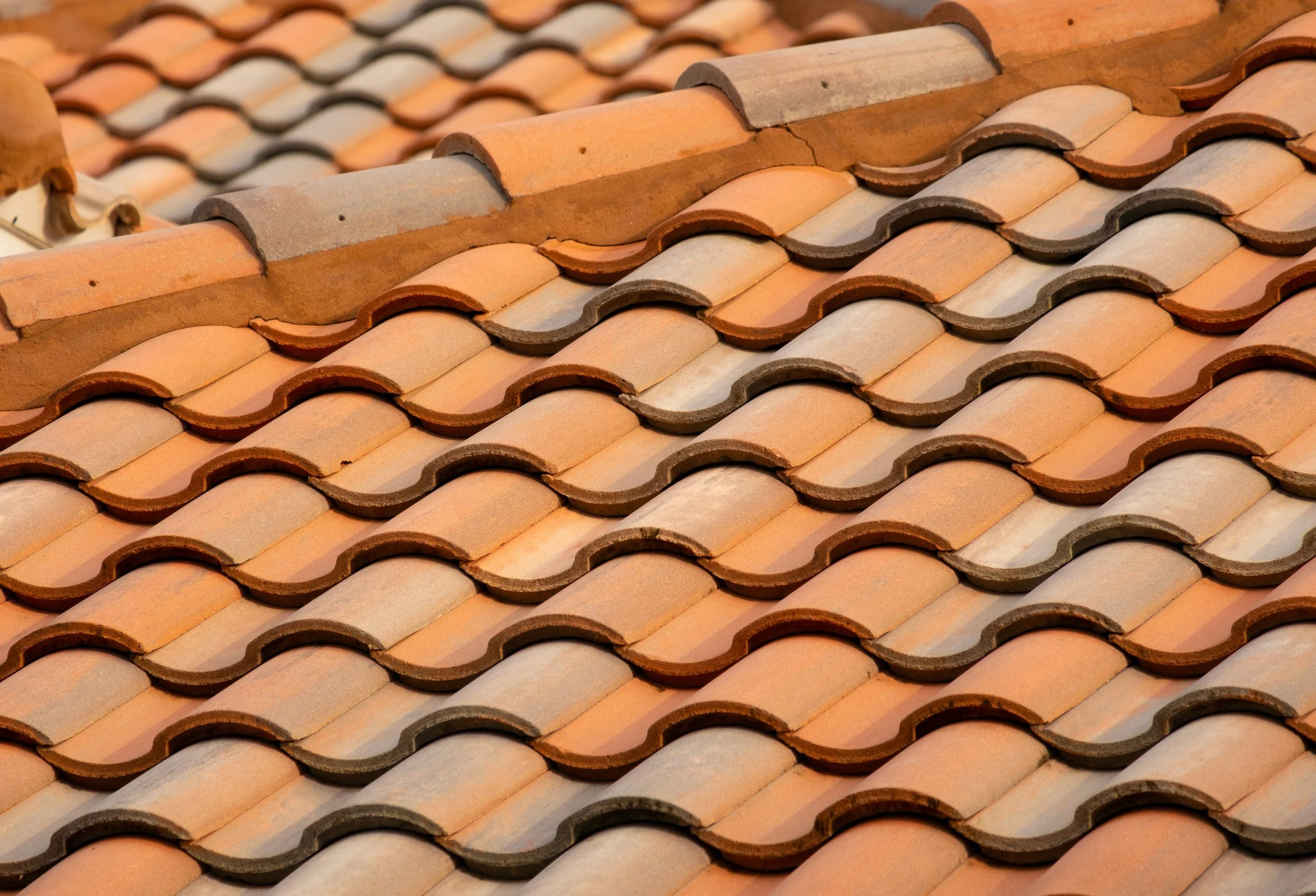What Sets a Good Violin Apart: Materials, Craftsmanship, and Sound
By PAGE Editor
Today, I'll go deep into the mysteries of an excellent instrument. There are probably many wonders about which is which in the vast violin market. Believe me, it's not only about looking fancy or spending a lot of money. There's a lot more that goes into making a quality axe. Stay with me and we'll explore what constitutes a decent violin.
Materials
Wood Types
First, let's discuss materials. Because, let's be honest, your violin isn't just any piece of wood; it's a carefully picked collection of tonewood, varnish, and other goodies that work together to produce that distinct sound.
We're talking about the finest timbers available, including spruce, apple, and ebony. Professional luthiers carefully selected and seasoned these materials, guaranteeing that your violin produces the rich, complex tones that will enchant your listeners.
Varnish and Finish
But it's not just about the wood, my friends. Varnishes and finishing touches are also important. A well-applied varnish can bring out the natural beauty of the wood while also shaping the overall tone quality. And let's not forget all those fine features, like my favorite purfling and the scroll; they're not just there for show, you know.
Craftsmanship
Construction Techniques
Now, it's time to bring up craftsmanship. This is a big word and a hundred percent real deal on the violin making process.
Let's be honest: a great axe is more than just the materials; it's also about the skilled hands and highest level of attention to detail that make it come to life. I'm referring to construction procedures, in which each joint and curve is carefully cut and assembled.
Attention to Detail
And these luthiers (fancy-pants talk for violin builders) have unparalleled attention to detail. They will examine every detail of the instrument, from the exact positioning of the sound post to the precise angle of the bridge.
Custom vs. Factory-Made
But wait, I'm hearing,
"What about those factory-made violins? Aren't they good enough?" Here's what I believe.
First fact: YES, mass-produced instruments have their value.
Second fact: But it's also equally true that a custom-made violin offers something truly special - which I totally agree with.
On a custom-made or personalized fiddle, there is the attention to detail, personal touch, and passion. It's not about machines anymore - and believe it or not, professional violinists prefer this over factory-made instruments.
Sound Quality
Tone and Resonance
And let's not forget about the most important part: the sound. Because, ultimately, that is what distinguishes a good violin. We're talking about a tone that's rich, deep, and fascinating enough to make your soul sing.
Projection and Clarity
You know the kind – the kind that can fill a concert hall with its powerful projection and crystal-clear clarity.
Playability
Let us not forget about the playability factor. How easy or hard is it to play? Is it comfortable or uncomfortable? Do you get strain or not?
A truly superb violin should feel like a natural extension of your body, responding to every nuance and expression you make.
Evaluating a Good Violin
How do you determine what makes a good violin, you ask? Think of finding the ideal balance between three things: materials, craftsmanship, and sound quality. You need to put on your discerning listener hat and really delve in. Close your eyes and play a few scales, allowing the instrument to speak to you. Is it making your heart soar? Does it motivate you to play as you've never done before? If the response is yes, my friend, you have found a keeper.
Conclusion
A superb violin is a stitch of the right components, exceptional craftsmanship, and timeless, captivating performance. This is why I appreciate its artistry and even adore the musicians behind it who went into creating such a wonderful instrument. Who knows, maybe one day you'll be the one to invent the next great violin that will set the world on fire.
HOW DO YOU FEEL ABOUT FASHION?
COMMENT OR TAKE OUR PAGE READER SURVEY
Featured









Water management plays an essential role in maintaining the safety and stability of a home.